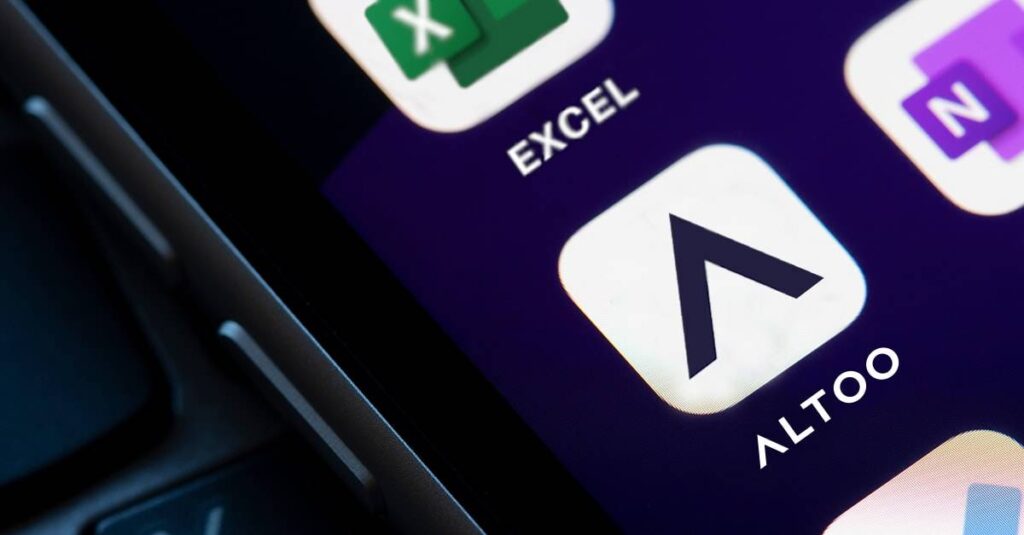Given the purchase price and expected leverage of the buyout, both financing routes would need preferred equity to close the deal, the people said. The amount of debt banks can provide is typically lower than direct lenders, so the preferred equity amount would stand to be higher should they win.
Read More: Private Credit Duels With Banks for $8 Billion DocuSign LBO Debt
Shares in DocuSign fell as much as 4.7% after the Bloomberg report on Thursday, the most in intraday trading since early December.
Private Peers
Some of the largest lenders in the $1.7 trillion private credit market are hesitant to participate, according to the people. If provided by direct lenders, the financing would rank as one of the largest private loans on record, according to data compiled by Bloomberg.
DocuSign faces a significant increase in leverage due to the potential buyout, as the company has never had more than $1 billion of debt since going public in 2018, according to data compiled by Bloomberg. For private lenders, that potential ramp-up in leverage adds a risk — especially as DocuSign competes for users against less-levered companies like Adobe Inc.
Direct lenders have also been jousting with broadly-syndicated loan and junk-bond markets that have roared back to life. That’s allowed banks to offer more attractive pricing compared to private credit firms.
Competition between banks and direct lenders is reaching a fever pitch in other deals, too. KKR & Co. has been leaning toward a financing package provided by banks for its potential buyout of Cotiviti Inc. Investment banks are also ahead of their private credit rivals to provide a €3 billion ($3.25 billion) debt package backing a potential buyout of Techem GmbH.
Source: Yahoo Finance



